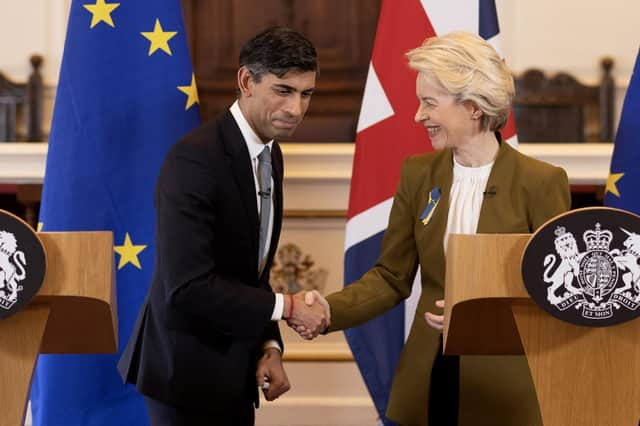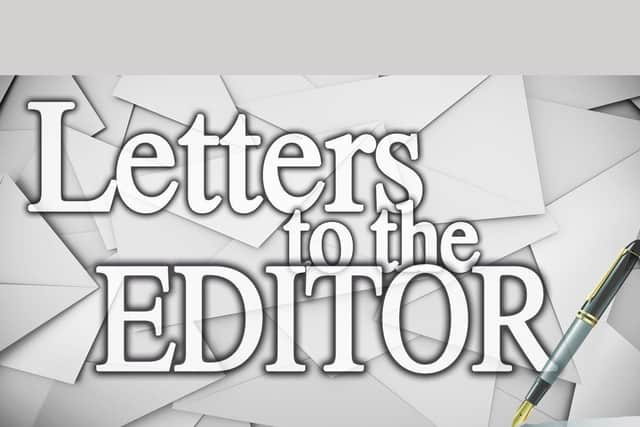Letters: I made clear my opposition to the Northern Ireland Protocol, but Jim Allister objects to my suggestion that the DUP return to Stormont


Jim Allister’s description of my News Letter article (‘Yes the sea border is an outrage, but we will have to work with it,’ January 11) as advocacy for the Northern Ireland Protocol must remain one of the mysteries of politics.
Advertisement
Hide AdAdvertisement
Hide AdMy article began by describing the protocol as a ‘constitutional outrage’ and it is difficult to be clearer than that. As a lawyer he rightly claims that the legal framework of the protocol is unchanged by the Windsor Framework, but he fails to mention the practical changes in the operation of the protocol introduced by the Windsor Framework. These may not diminish the constitutional damage but they nevertheless exist and will influence public opposition to the protocol since the negative impact on people’s lives is reduced.


What Mr Allister really objects to is the tactical suggestion that opposition to the protocol will be better served with the DUP inside Stormont. The dangers of continuing to remain outside are clear. Even a Tory-led Commons Committee is now advocating changes to the Good Friday Agreement to remove the DUP’s veto. A new Labour government later this year is hardly likely to be more accommodating to the DUP. If Mr Allister has effective tactics for countering these dangers let him make them clear.
Of course, I understand concerns about a drift to a united Ireland (or should we say to a disunited UK). However, my article presented statistics to suggest that the negative economic impact of the protocol is not large enough to move the dial on Irish unity. Can I recommend to Mr Allister, my Policy Exchange report, ‘The Island of Ireland. Two Distinct Economies’ which details just how different the two economies are and how much NI gains from membership of the UK.
Dr (not Mr as JA asserts) Graham Gudgin, Cambridge